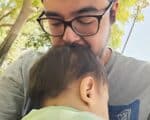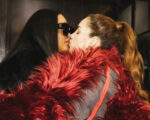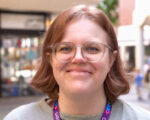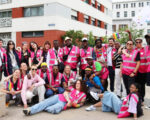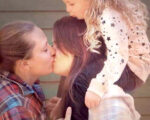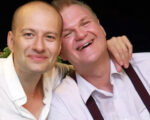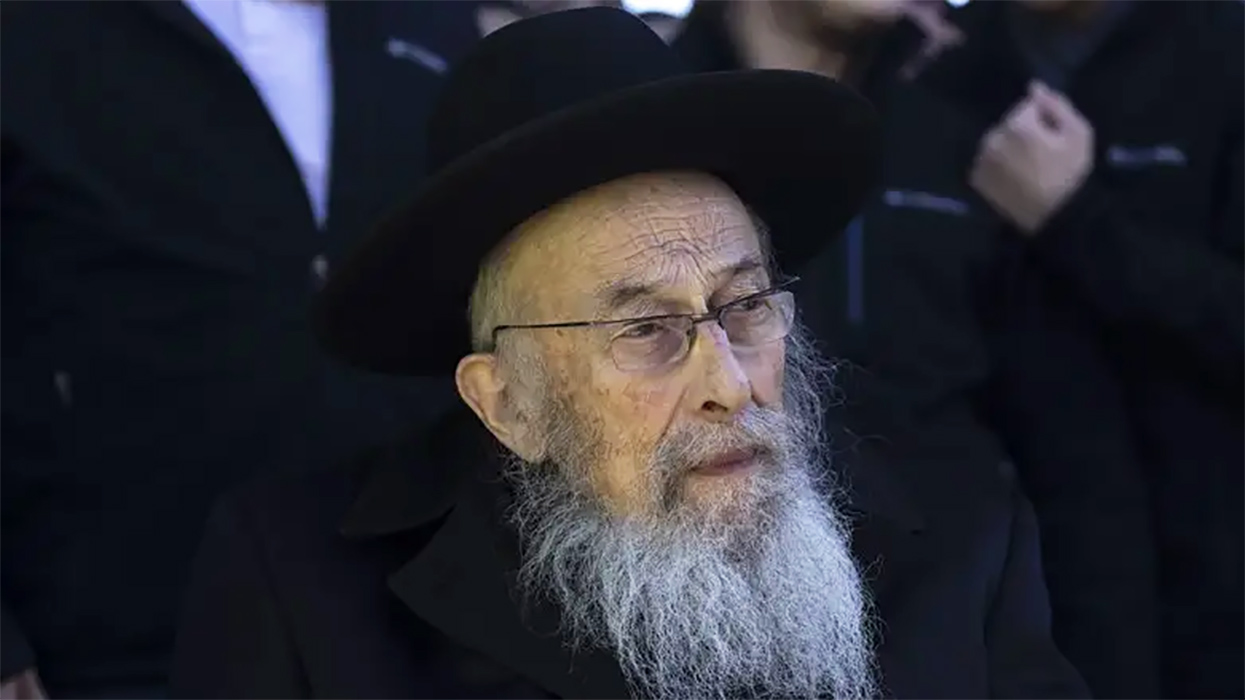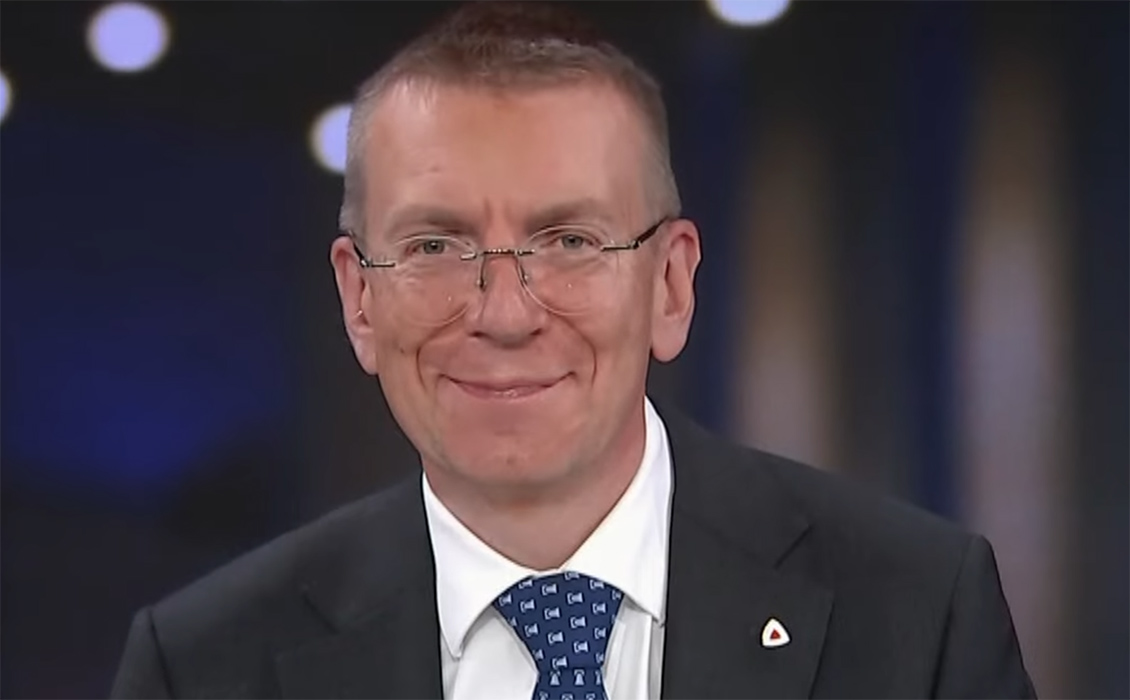A l’affiche dernièrement de « Prisoners » et » Copains pour toujours 2″, l’actrice Maria Bello, âgée de 46 ans, a écrit une longue tribune dans le New York Times, dans laquelle elle révèle son homosexualité, décision mûrement réfléchie suite aux nombreuses questions de son fils de 12 ans à ce propos.
La comédienne parle de sa vie avec sa compagne, Clare Munn, une cadre dans l’industrie des nouveaux médias. Elle raconte comment elle a réalisé ses sentiments pour elle, en revoyant des photos que les deux femmes avaient prises ensemble il y a plusieurs années.
« C’était l’une des personnes les plus belles, charmantes, intelligentes et drôles que j’avais jamais rencontré. Mais je n’avais jamais envisagé que nous puissions avoir une relation amoureuse (…) Je me suis dit : ‘pourquoi ai-je attendu toutes ces années ? C’est la personne avec laquelle j’aime passer le plus de temps. Celle avec laquelle je me sens le plus moi-même. »
Un plaidoyer pour une « famille moderne »
Si Maria Bello a longtemps hésité à dire la vérité, c’est aussi par crainte de la réaction de son entourage professionnel. « Je ne me suis jamais défini en fonction de la personne avec qui je couche. Mais je savais que les gens allaient le faire. Et qu’ils vont le faire. » La comédienne révèle également qu’elle entretenait une relation purement platonique avec son précédent compagnon, le producteur John Calley, mort en 2011 à l’âge de 81 ans.
Homo ? Bisexuelle ? L’actrice préfère se considérer comme une « quelque chose ». « Quelle que soit la personne que j’aime, comment je l’aime, qu’elle dorme dans mon lit ou pas, ou que nous partagions les devoirs et l’éducation d’un enfant ensemble, le point commun c’est l’amour. Et j’aime notre famille moderne. Peut-être qu’à l’arrivée, une famille moderne est une famille plus honnête. »
>> When my 12-year-old son, Jackson, asked me if there was something I wasn’t telling him, I replied, “There are a lot of things I don’t tell you.”
He persisted: “What kind of adult stuff?”
This was the moment I had been anticipating and dreading for months. “Like romantic stuff,” I said, fumbling for words.
“What kind of romantic stuff?”
“Well,” I said. “Like how sometimes you can be friends with someone, and then it turns romantic, and then you’re friends again. Like with Dad and me. Or romantic like Bryn and me were, and then he and I became friends.”
“So are you romantic with anyone right now?” he asked.
I took a deep breath, knowing that my answer, and his response, would have an impact on our lives for a very long time.
He was right; I was with someone romantically and I hadn’t told him. I had become involved with a woman who was my best friend, and, as it happens, a person who is like a godmother to my son.
How and when should I tell him? When I explained the situation to a therapist, she smiled and said, “Your son may say a lot of things about you when he’s older, but he will never say his mother was boring.”
Her advice was to wait until he asked. And now here he was, asking.
About a year before this conversation, I had been sitting in my garden in California, looking through photos and old journals I have kept since childhood. From a green tattered notebook with ink hearts drawn on it to the one I started in Haiti while helping after the earthquake there in January 2010, the journals told stories that seemed woven together by a similar theme.
I read about the handful of men and the one woman I had been in romantic relationships with, passages rife with pain and angst. It seemed when I was physically attracted to someone, I would put them in the box of being my “soul mate” and then be crushed when things didn’t turn out as I had hoped.
I read about the two men I fell for while working on films. I was sure each was my soul mate, a belief fueled by sexual attraction that made me certain I was in love, only to find that when the filming ended, so did the relationship. And I read about the man who asked me to marry him four years ago over the phone, before we had even kissed. Three months later we were in his kitchen throwing steaks at each other’s heads in anger.
As I continued to look through photos, I came across a black-and-white one of my best friend and me taken on New Year’s Eve. We looked so happy, I couldn’t help but smile. I remembered how we had met two years before; she was sitting in a bar wearing a fedora and speaking in her Zimbabwean accent.
We had an immediate connection but didn’t think of it as romantic or sexual. She was one of the most beautiful, charming, brilliant and funny people I had ever met, but it didn’t occur to me, until that soul-searching moment in my garden, that we could perhaps choose to love each other romantically.
What had I been waiting for all of these years? She is the person I like being with the most, the one with whom I am most myself.
The next time I saw her, in New York, I shared my confusing feelings, and we began the long, painful, wonderful process of trying to figure out what our relationship was supposed to be.
First, how would it affect my son? He trusted Clare. He loved her. He had never met most of the men I had been in love with and had no idea I had been with a woman as well. Second, how would it affect my career? I have never defined myself by whom I slept with, but I know others have and would.
It’s hard for me even to define the term “partner.” For five years I considered my partner to be a friend then in his 70s, John Calley, with whom I talked daily. He was the one who picked me up each time I had a breakdown about another failed romance. Because we were platonic, did that make him any less of a partner?



